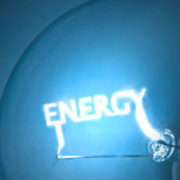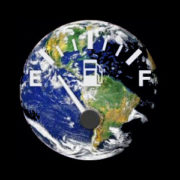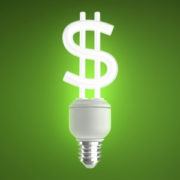We’re Doing Our Energy Accounting Wrong
Does energy from fossil fuels really cost less than renewable energy? It’s an important question, as it should be shaping our lives. But given the way we do our accounting we will never know, and won’t be able to make rational policy decisions.
The renewable energy industry is forever trying to reduce its cost of equipment, capital, and operations in order to compete with electricity costs form other sources, such as fossil fuels. It is often thought of as the ‘alternative energy’, which always seems to need tax incentives or other subsidies in order to be cost effective (even though research shows that the oil and gas companies get more than 10 times the subsidies than renewables do).
Read more






